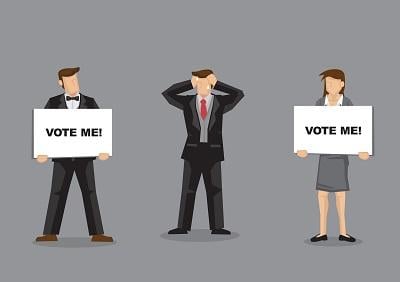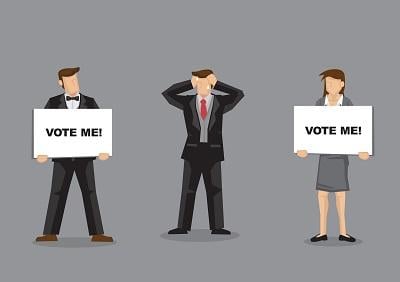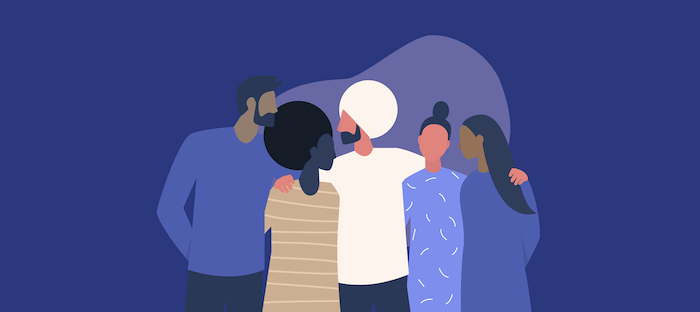
Post-Traumatic Stress Disorder (PTSD)
Understanding PTSD
It’s not unusual for people who have experienced traumatic events to have flashbacks, nightmares, or intrusive memories when something terrible happens — like the 9/11 terrorist attacks and those in cities around the world (Orlando and Paris, for example) or the bombings at the 2013 Boston Marathon, or active combat.
Be tolerant of your nervous system: It’s having a normal reaction. Try not to get hooked to news reports, which may seem particularly compelling. Spend time with loved ones in favorite activities or outside in nature, and avoid alcohol.
Learn more below, including how to help children.
Post-traumatic stress disorder, or PTSD, is a serious potentially debilitating condition that can occur in people who have experienced or witnessed a natural disaster, serious accident, terrorist incident, sudden death of a loved one, war, violent personal assault such as rape, or other life-threatening events. There are currently about 8 million people in the United States living with PTSD.
Trauma survivors who have PTSD may have trouble with their close family relationships or friendships. Their symptoms can cause problems with trust, closeness, communication, and problem solving, which may affect the way the survivor acts with others. In turn, the way a loved one responds to him or her affects the trauma survivor. A circular pattern may develop that could harm relationships. Read more from the National Center for PTSD.
Most people who experience such events recover from them, but people with PTSD continue to be severely depressed and anxious for months or even years following the event. Women are twice as likely to develop posttraumatic stress disorder as men, and children can also develop it. PTSD often occurs with depression, substance abuse, or other anxiety disorders.
Learn more about PTSD:
- PTSD Basics
- PTSD Symptoms
- Treatment and Facts
- Trauma
- How to Know if You Should Talk to Your Healthcare Provider about PTSD Infographic
- Help Your Child Manage Traumatic Events
- Download ADAA's PTSD Brochure
- Community Resources/Organizations
ADAA Resources
- Click here to take a 5-question self-screen to see if you have symptoms of PTSD.
- Trauma - Symptoms and Treatment
- The Aching Red: Firefighters often silently suffer rom trrauma and job related stress - Blog Post
- MDMA May Help Treat PTSD – but Beware of Claims that Ecstasy is a Magic Bullet - Blog Post
- How to Talk to Your Kids About Violence - Response to the Las Vegas Shootings - Blog Post
- Talking to Children and Teens After a School Shooting - Blog Post
- How to Prevent Trauma from Becoming PTSD - Blog Post
- Be There for Women Veterans in Your Community - Blog Post
- Healing Invisible Wounds - Webinar
- Trastorno de Estrés Post-Traumático - Webinar
- PTSD: What I Should Know About Current Treatments - Webinar
- Non-Military PTSD - Webinar
- Screen yourself or a loved one for PTSD
- ADAA PTSD brochure
Meet the ADAA PTSD Special Interest Group and learn about their research and treatment work.
Additional Resources
- National Center for PTSD
- PTSD Foundation of America
- Veteran's and Civilians Crisis Line Call 1-800-273-8255. Press 1. Text 838255
Research Resources
- Path to Better Sleep - Veteran Training (va.gov)
- Imagery Rehearsal Therapy to Treat Nightmares With PTSD (verywellmind.com)
- Kunze, A.E., Lancee, J., Morina, N. et al. Efficacy and mechanisms of imagery rescripting and imaginal exposure for nightmares: study protocol for a randomized controlled trial. Trials. 2016;17:469. doi:10.1186/s13063-016-1570-3
- El-Solh AA. Management of nightmares in patients with posttraumatic stress disorder: current perspectives. Nat Sci Sleep. 2018;10:409–420. doi:10.2147/NSS.S166089
- ERRT - ERRT - Kendall College of Arts and Sciences (utulsa.edu)
- Printz Pereira, D. M. B., Grasso, D. J., Hodgkinson, C. A., McCarthy, K., J., Wakschlag, L. S., & Briggs-Gowan, M. J. (In press). Maternal Posttraumatic Stress and FKBP5 Genotype Interact to Predict Trauma-Related Symptoms in Preschool-age Offspring. Journal of Affective Disorders. https://doi.org/10.1016/j.jad.2021.05.042
- Williams, M. T., Printz, D. M. B., & DeLapp, R. C. T. (2018). Assessing racial trauma with the Trauma Symptoms of Discrimination Scale. Psychology of Violence, 8(6), 735-747. http://dx.doi.org/10.1037/vio0000212
- Williams, M. T., Ching, T. H. W., Printz, D. M. B., & Wetterneck, C. T. (2018). Assessing PTSD in ethnic and racial minorities: Trauma and racial trauma. Directions in Psychiatry, 38(3), 179-195.



















